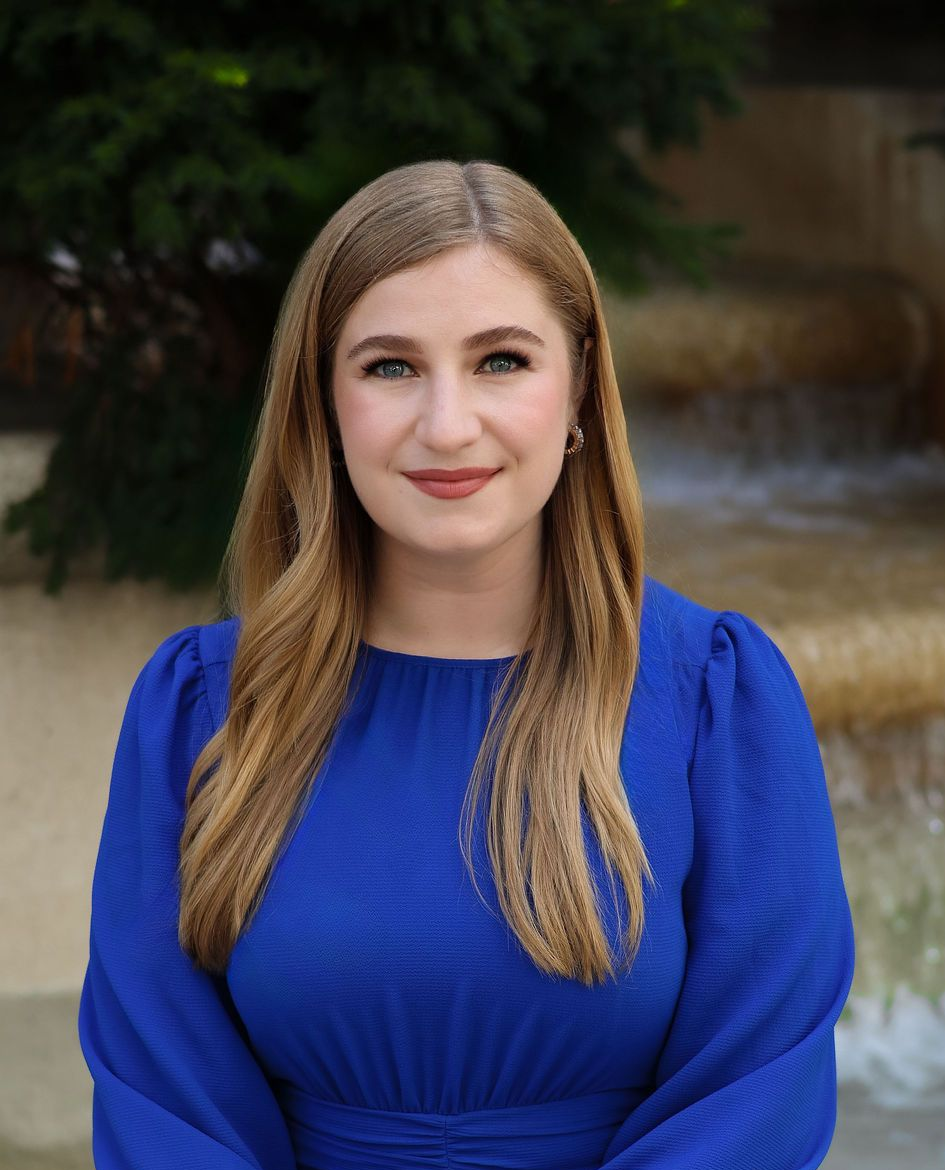Threats, Safety, and Local Leadership
“Threats, Safety, and Local Leadership”
Threatened, But Undeterred
By Matt Lehrman, Social Prosperity Partners
We were supposed to talk about patriotism. That was the original plan for the pre–4th of July Local Leadership Chat. But when violence struck close to home—a politically motivated attack against two Minnesota state legislators and their families that left two people dead—the conversation shifted.
What does leadership look like when simply serving your community carries real risk? How do local leaders stay focused, stay visible, and stay true to their purpose when threats—both direct and ambient—keep rising?
This wasn’t a strategy session. It wasn’t group therapy. It was something quieter, but no less powerful: a space where civic leaders from across the country gathered to say, “This is what it feels like right now—and here’s how I keep going.”
A Pulse Check: Living in the Yellow Zone
To begin, I asked everyone to introduce themselves and share a color: Green if things felt calm, yellow for heightened alert, red for serious concern.
Very few were green.
“I’m between yellow and red,” said one leader. “Some days I feel okay. Other days, I wonder if someone will follow me home.”
Another shared, “There’s a guy online threatening to post where I drive. Not just me—my husband uses my car. We have a special needs son.”
Some had faced protestors, surveillance, and even anonymous hate mail. Others hadn’t received direct threats, but felt the pressure rising. “Once you’ve been in the yellow zone,” one person said, “you never go fully back to green. You just get more aware.”
Courage, Not Fear, Defined the Conversation
And yet, none of this conversation was framed by fear. The dominant theme—repeated in different words—was this: We may be threatened, but we are undeterred.
Many spoke of practical steps their councils had taken: moving the dais, creating safe words, installing security glass, having officers on site, adjusting building exits. One leader described how their team tracks which council member is seated closest to a safe exit—or who quietly brings up the rear if the room needs to be cleared.
Deeper Than Logistics: The Emotional Cost
But beyond logistics, the stories pointed to something deeper.
“We faced down a lot of hate during our first term,” one person said. “But it actually made us stronger. It bonded our council and gave us the courage to pass tough zoning reforms and housing policies.”
Others shared the emotional cost of standing alone. “My council stayed silent,” one leader said. “I’ve always defended them. But when I was under attack, they disappeared. That’s what hurt the most.”
Resilience in the Face of Risk
And yet, no one talked about quitting.
“You don’t prepare because you’re scared,” someone said. “You prepare because you have to keep showing up. That’s what leadership demands.”
There was a quiet defiance to it all—not anger, but a kind of steady backbone.
“I may be targeted,” said another, “but I’m not backing down. My community deserves better than that.”
Resetting the Tone in the Room
We also explored ways to reset the tone—how meetings open, how respect is modeled, how civility is reinforced. One person shared that their city now begins each session with a brief statement reminding everyone: We’re not enemies. We’re neighbors.
Some described adding civility pledges to the top of agendas or speaking directly to expected behavior before public comment begins. Another talked about using a gavel—and a five-minute recess—to de-escalate a hostile room.
Remembering the Why
And still others said the greatest source of resilience was remembering the why behind the work.
“I don’t have time to think about myself,” said one leader. “Our kids are scared. Our families are struggling. I need to be strong because they need to see someone still standing.”
That’s what we witnessed throughout the conversation: people still standing. Still leading. Still caring for their community
—even when it’s hard, even when it’s risky.
Why We Keep Showing Up
That’s what makes local leadership so vital. Not the titles. Not the votes. But the quiet, daily courage to show up in service of something bigger than yourself. And that’s why we gather each month. Not because we have easy answers. But because we know this: In times like these, threatened but undeterred is how we lead.
I hope you’ll join us for our next
Local Leadership Chat.
Connect with Matt:
- Email me at Matt@SocialProsperity.us.
- Follow me on Facebook, Instagram, YouTube and LinkedIn.
- Learn more at SocialProsperity.us and MattLehrman.com.




